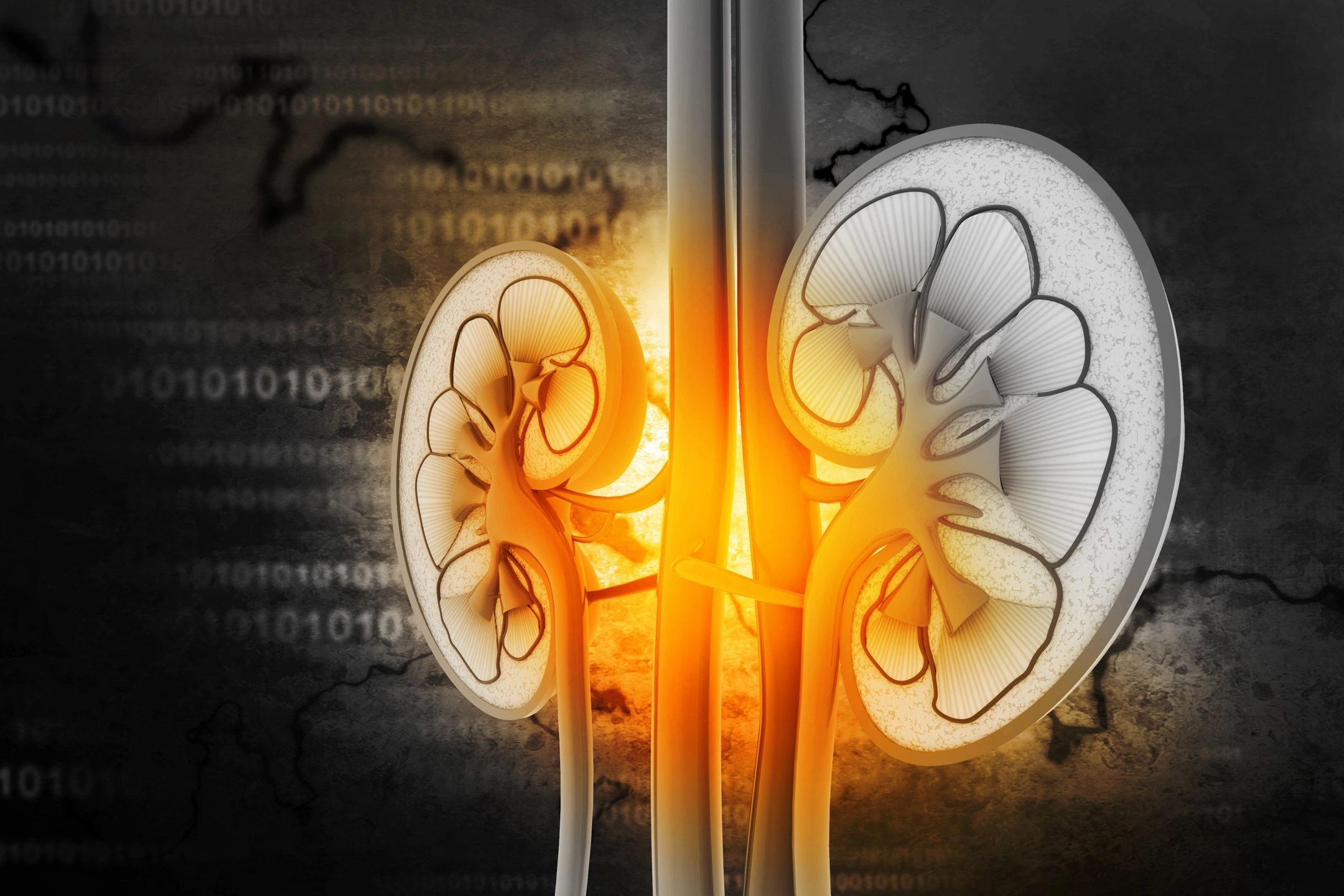Kidney Health Part 1

Kidney Health Part 1
Dr. Claire Arcidiacono, ND
No conversation about the liver would be complete without talking about the kidneys since one of the functions of the kidneys is to help remove waste from our body. Now I understand that kidney health can be a confusing and complex topic. It involves basic topics such as just what do the kidneys do? What can go wrong with our kidneys? And then there is the topic of dialysis and just what it does for the body and what it means in terms of our health if we require dialysis. To keep this from becoming overwhelming I have decided to split this topic into separate parts. This part will be more of an introduction to our kidneys. Now as I just said, the kidneys play an important part in removing waste from the body. In addition to removing waste our kidneys have numerous functions that are important in keeping us healthy. (1) So, let us get into it, shall we?
The main job of the kidneys is to function as a filtration system and remove waste from the blood. What happens is that blood enters the kidneys through the renal arteries and exits the kidneys through the renal veins. (1) Inside of each kidney there are filtering units called nephrons. These are made up of 2 parts, the glomeruli and renal tubules. These 2 parts perform something called glomerular filtration and diffusion. What basically happens in this 2-step process is that waste is removed, water and other nutrients are reabsorbed, and the waste/ excess fluid is sent to collecting chambers. Eventually it makes its way to your bladder and will exit the body as urine. (2)
In addition to helping clean the blood the kidneys make some especially important hormones. For example, they make a hormone called renin that increases blood pressure. This is important because if circulation to the kidneys is compromised for any reason the kidneys will try to increase their blood flow by increasing renin to try and increase the amount of blood they receive. However, this increase in renin will raise overall blood pressure. The kidneys also produce a hormone called erythropoietin. This helps the body make red blood cells. The kidneys also produce calcitriol, which is a form of vitamin D (this helps with the absorption of calcium). If the blood sugar drops too low the kidneys can help increase it by producing glucose. The kidneys keep tight control over the acid/base balance in our blood. (2) The kidneys also control the overall chemistry of the body. For example, they regulate the concentration of salt and water moving around the body. (1)
There are certain tests that can be done to check our kidney health. First, a urinalysis test to check the urine for certain substances such as blood or protein. The doctor can also do an ureteroscopy to look at the bladder and ureters. You can also do a kidney biopsy as well as imaging testing such as an X-ray or CT scan. (2) There are blood tests that can be done to check the kidney function. For example, blood tests can include BUN, Creatinine and estimated GFR levels. (3)
In our next blog we will review some of the most common conditions that can affect our kidney health and function. I know I have not reviewed any supplements in this blog so I’ll refer you to my blog on Daily Detox since the Daily Detox powder does touch upon nutrients that can help with kidney health.
Sources:
- https://www.betterhealth.vic.gov.au/health/conditionsandtreatments/kidneys#
- https://my.clevelandclinic.org/health/body/21824-kidney
- https://my.clevelandclinic.org/health/diagnostics/21659-kidney-function-tests
